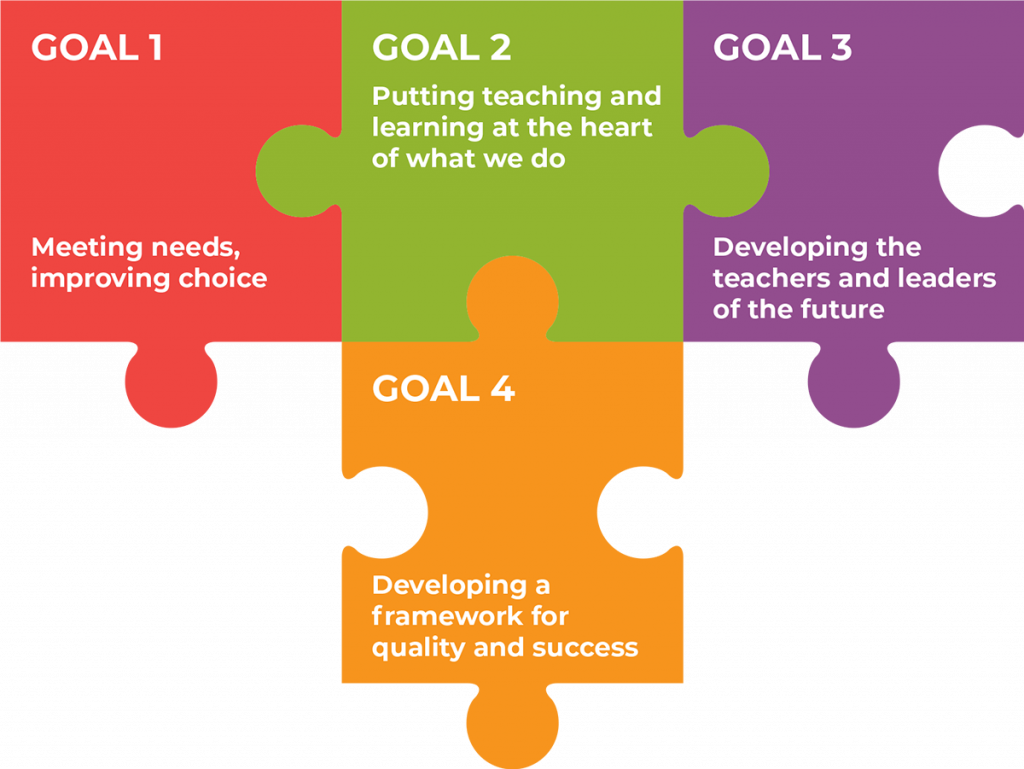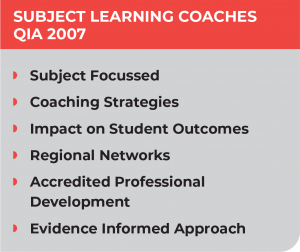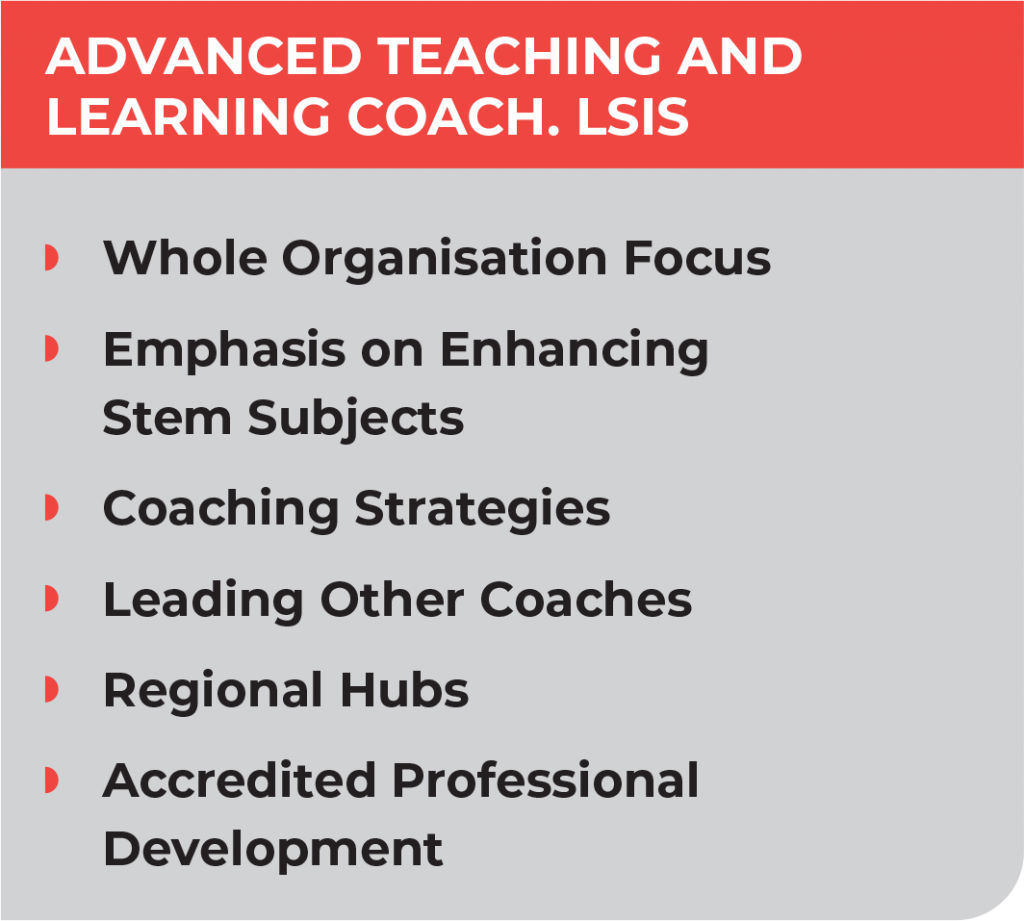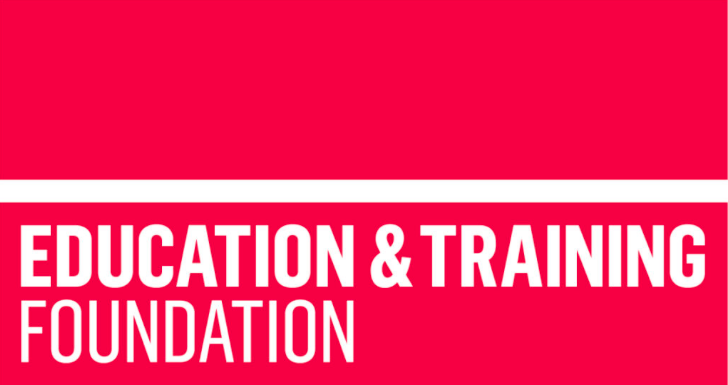A Story of Advanced Practice: the Past (pre-2018)
Let us begin the story with this extract:
‘a culture of decision-making within many colleges and other providers, which has – understandably – been reactive to funding opportunities rather than based on a clear analysis of the organisation’s distinctive mission and strengths;
widely varying quality, with a number of truly excellent providers, and excellent departments within colleges, co-existing with some poor and much mediocre provision. There has been insufficient emphasis on standards, success rates, and the development of excellence. Too much management time has been spent chasing and accounting for funding and not enough on raising standards and relevance of teaching and learning;
patterns of provision across local areas, based on a history of competition and opportunistic provider expansion. There has been little strategic planning for the coherent longer-term development of the supply side to provide the type and quality of provision local learners and employers want;
within the sector, a workforce whose skills and career development has often been neglected. There have been unhealthy levels of casualisation, and insufficient emphasis on improving professional skills, on updating subject or occupational knowledge, and on developing leadership skills for the future;
and a legacy of under-investment in the capital infrastructure, with too much learning taking place in unattractive and inefficient buildings. There has also been a lack of available capital to invest in updating vocational training facilities to match changing industry expectations and technological change’.
Many elements of this narrative will be very familiar to those close to the further education sector in England. In fact, it could be argued that much of this description would apply to the sector at any time over the last quarter of a century. Further Education is presented as problematic as exemplified through a range of issues – variable quality, poorly supported workforce, limited investment etc. These are rarely expressed as root causes, more as a list of symptoms. This piece analyses the part that Advanced Practitioners, and those in similar roles, have played and are playing in providing solutions to the problems that are facing further education and those that the sector serves.
The extract above is to be found in Success For All (2002)(1). In this early discussion document four interrelated goals are articulated:
 The importance of teaching and learning coupled with workforce development with Success for All is still relevant in contemporary further education and the brief analysis that follows draws out the emergence of roles that were significant in supporting these aspirations.
The importance of teaching and learning coupled with workforce development with Success for All is still relevant in contemporary further education and the brief analysis that follows draws out the emergence of roles that were significant in supporting these aspirations.
The emergence of Subject Learning Coaches
A change of government saw elements of ‘Success for All’ featuring in the white paper Further Education: Raising Skills, Improving Life Chances (2006)(2). The emphasis on further education meeting the supply side of skills needs was strongly articulated and coupled with a centralisation of control of quality and improvement in the sector. This was through the establishment of the, government funded, Quality Improvement Agency (QIA) coupled with the development of a National Improvement Strategy. This period saw the rise of the short-lived national 14-19 diplomas where subject specific coaches featured as part of their implementation. These roles also featured within the QIA’s ‘National Teaching and Learning Change Programme’(3). Having a subject specific focus was seen as important within this model and the approach explicitly drew on the work of Joyce and Showers (2002)(4). The activity and focus of subject learning coaches was choreographed nationally with regional networks and support also in play.
The emphasis on further education meeting the supply side of skills needs was strongly articulated and coupled with a centralisation of control of quality and improvement in the sector. This was through the establishment of the, government funded, Quality Improvement Agency (QIA) coupled with the development of a National Improvement Strategy. This period saw the rise of the short-lived national 14-19 diplomas where subject specific coaches featured as part of their implementation. These roles also featured within the QIA’s ‘National Teaching and Learning Change Programme’(3). Having a subject specific focus was seen as important within this model and the approach explicitly drew on the work of Joyce and Showers (2002)(4). The activity and focus of subject learning coaches was choreographed nationally with regional networks and support also in play.
The programme indicated that positioning of this role was evidence informed. In practice a limited range of sources appear to have underpinned the approach but coaching was a central part of the role. Having subject specific expertise was also seen as important and linked to the skills priorities in the white paper. This emphasis on the subject was reinforced by specific resources for each area. Examples included Construction and the Built Environment(5), Society Health and Development(6), and IT(7).
The subject specific resources were designed in collaboration with sector employers and signposted the nature of their workplaces. Interestingly, the bulk of the narrative within each set of teaching and learning resources highlight generic skills like: collaboration, peer working and learner focused approaches. The importance of (centrally designed) professional development for subject learning coaches is highlighted.
This period also saw a new iteration of professional standards for teachers produced by LLUK(8) . This included a refreshed qualifications framework to cater for different teacher roles in FE. Again, subject specific expertise is highlighted as is the importance of colleagues in shaping professional formation. The standards were competence based and not nuanced for those with significant experience. In retrospect this is perhaps surprising given the emphasis on accredited professional development in the subject learning coaching programme. Meeting the standards led to the achievement of ‘Qualified Teacher Learning and Skills’ (QTLS) with the associated license to practice as an FE teacher.
 Advanced Teaching and Learning Coaches
Advanced Teaching and Learning Coaches
The stewardship of national quality improvement approaches came under the control of the Learning and Skills Improvement Service (LSIS) in 2008. The first indication of the strategic direction for the organisation included 7 aims within two themes(9).
The previous focus on teaching and learning may appear more subtle here but LSIS embraced and enhanced the practitioner coaching role developed under the auspices of QIA. Subject learning coaches were replaced by the role of Teaching and Learning Coach. The creation of a professional development programmed for Advanced Teaching and Learning Coaches emerged for the first time(10).
These roles are presented as individuals who are working across whole organisations, potentially leading teams of Teaching and Learning Coaches and developing development programmes for them. The importance of coaching approaches is supplemented by a modular professional development programme. Challenges relating to cross organisational working were explored although STEM areas were prioritised for these Advanced roles.
 At this time the Institute for Learning (IfL) administered professional standards and professional registration for the further education sector. The Lingfield report of 2012(11) recommended deregulation of the sector and the need for a teacher in further education to have a licence to practice was withdrawn. This was based on the proposition that:
At this time the Institute for Learning (IfL) administered professional standards and professional registration for the further education sector. The Lingfield report of 2012(11) recommended deregulation of the sector and the need for a teacher in further education to have a licence to practice was withdrawn. This was based on the proposition that:
“…….mature organisations in further education should be left alone, in near autonomy, to get on with serving their students, their local communities and the employers on whom national economic renewal depends. Our conclusions, then, are intended to help create an environment in which the professionalism of further education lecturers, instructors, workplace supervisors and assessors might naturally flourish”,
The Education and Training Foundation
The Lingfield review, and related developments, set the scene for the replacement of LSIS by the FE Guild which became known as the Education and Training Foundation (ETF) in 2013(12). If there was continuity in quality improvement support between QIA and LSIS, this was unlikely to be the case with LSIS and ETF. At its inception the latter had a small staffing cohort and commissioned out support programmes for the sector. Explicit support for the professional development of those in advanced practitioner types roles did not exist initially. The early programmes however did include successive suites focusing on Outstanding Teaching Learning and Assessment (OTLA)(13) returning to the lietmotif within Success for All.
The first OTLA projects were commissioned in 2014 and based on the following principles
- There is an overall focus on improving outcomes for learners
- There is collaboration within and across providers
- Activity is research informed and draws on appropriate expertise
- It takes place over a sustained period of time
- Activity is evaluated to assess the impact on learners
The early OTLA projects were also centred on Joint Practice Development (as defined by Fielding et.al(14)) as a vehicle for sharing practice through collaborations. These OTLA programmes therefore had commonalities with the Advanced Teaching and Learning Coach and similar roles that had gone before, notably through practice being defined through the fostering of outstanding teaching and learning and also for the necessity for collaboration for sharing practice.
The ‘Present’ section, that follow these reflections on the ‘Past’, attempt to show that the centrality of teaching and learning highlighted in ‘Success for All’ has persisted into the further education of the 2020s as has the rhetoric related to workforce development. The notions of ‘excellence’, ‘improvement’, ‘coaching’, ‘mentoring’, ‘mastery’, ‘expertise’, ‘professionalism’ and ‘standards’ are still important concepts that underpin the elusive idea of advanced practice and practitioners. The calls to action around these still persist and the influence of the COVID pandemic also cannot be ignored in contemporary education settings.
The sway of policy makers continues to be powerful and often located in the narrative of intervention and requiring improvement. Yet, within these hegemonic contexts, other voices are beginning to be heard. Those close to practice are gaining influence and power and are making a difference to many of the priorities that persist from Success for All. Contemporary evidence suggests that Advanced Practitioners are characterised by enhanced self-efficacy and confidence. They are gaining greater influence than before through inter-organisational spaces that are self-curated and facilitated by those with vision to take advanced practice beyond conventional boundaries.
You can download the full text here for A Story of Advanced Practice: the Past (pre-2018) here.
Resources and Evidence
You can browse a range of selected publications which we have drawn upon to tell a story of advanced practice in the Education and Training sector in England. This is ‘a’ story of advanced practice, not ‘the’ story. All stories are framed by storytellers.
References
- SUCCESS FOR ALL (2002) Reforming Further Education and Training Discussion Document. Department for Education and Skills available at https://dera.ioe.ac.uk/4568/1/success-for-all-reforming-further-education-and-training.pdf. and Success for All: implementation of the framework for quality and success for providers of work-based learning only: Circular 03/02 (ioe.ac.uk) [accessed 29.12.21]
- Government’s FE White Paper: Further Education: Raising Skills, Improving Life Chances (2006) Department for Education and Skills. London available at https://assets.publishing.service.gov.uk/government/uploads/system/uploads/attachment_data/file/272259/6768.pdf [accessed 29.12.21]
- National Teaching and Learning Change Programme overview (2007) QIA. Available at http://isos.excellencegateway.org.uk/sites/CBE-Improving-Teaching-and-Learning/screens/downloads/ntlcp.pdf [accessed 29.12.21]
- Joyce, B. R., & Showers, B. (2002). Student achievement through staff development (3rd ed.). Alexandria, VA: Association for Supervision & Curriculum Development (ASCD). (first edition 1988 available through BL Catalogue)
- National Teaching and Learning Change Programme Improving teaching and learning in Construction and the built environment. QIA available at http://isos.excellencegateway.org.uk/sites/CBE-Improving-Teaching-and-Learning/screens/downloads/booklet_a5_visual_v07.pdf [accessed 29.12.21]
- National Teaching and Learning Change Programme Improving teaching and learning in Society, Health and Development (QIA) available at http://isos.excellencegateway.org.uk/sites/SHD-Teaching-and-Learning-Programme/assets/documents/2179_04_introbooklet_lowres.pdf [accessed 29.12.21]
- National Teaching and Learning Change Programme Improving teaching and learning in IT (QIA) avilable at http://isos.excellencegateway.org.uk/sites/IT-Teaching-and-Learning-Programme/assets/documents/it_booklet.pdf [accessed 29.12.21]
- New overarching professional standards for teachers, tutors and trainers in the lifelong learning sector. Lifelong Learning UK (2004)
- LSIS: Strategic Direction. Available at https://webarchive.nationalarchives.gov.uk/ukgwa/20090326200226mp_/http://www.lsis.org.uk/Libraries/Documents/LSISStrategicDirectionES2009.sflb [accessed 29.12.21]
- Introducing the Teaching and Learning Coach (Advanced Certificate) Programme. LSIS. Available at https://management-ui.excellencegateway.org.uk/sites/default/files/Full-TL-Coach-Advanced-Certificate-programme.pdf [accessed 29.12.21]
- Professionalism in Further Education Final Report of the Independent Review Panel. Established by the Minister of State for Further Education, Skills and Lifelong Learning .Available at https://assets.publishing.service.gov.uk/government/uploads/system/uploads/attachment_data/file/422247/bis-12-1198-professionalism-in-further-education-review-final-report.pdf [accessed 29.12.21]
- Education and Training Foundation: Our Story. Available at https://www.et-foundation.co.uk/about-us/our-story/ [accessed 29.12.21]
- ETF: Improving Teaching: Showcasing work from the Outstanding Teaching Learning and Assessment Programme. Available at https://improving-teaching.excellencegateway.org.uk/ [accessed 29.12.21]
- Fielding, M, Bragg, S, Craig, J, Cunningham, I, Eraut, M, Gillinson, S, Horne, M, Robinson, C & Thorp, J, (2005), Factors Influencing the Transfer of Good Practice, Nottingham, DFES Publications https://www.education.gov.uk/publications/RSG/publicationDetail/Page1/RR615. Gregson et.al. provide an effective summary https://setassets.et-foundation.co.uk/digital-assets/qtlsmap/Resources/6/Helping%20Good%20Ideas%20to%20become%20Good%20Practice.pdf [accessed 3.1.22]
The various chapters can be reached via the arrows on the timeline or by following these links:

